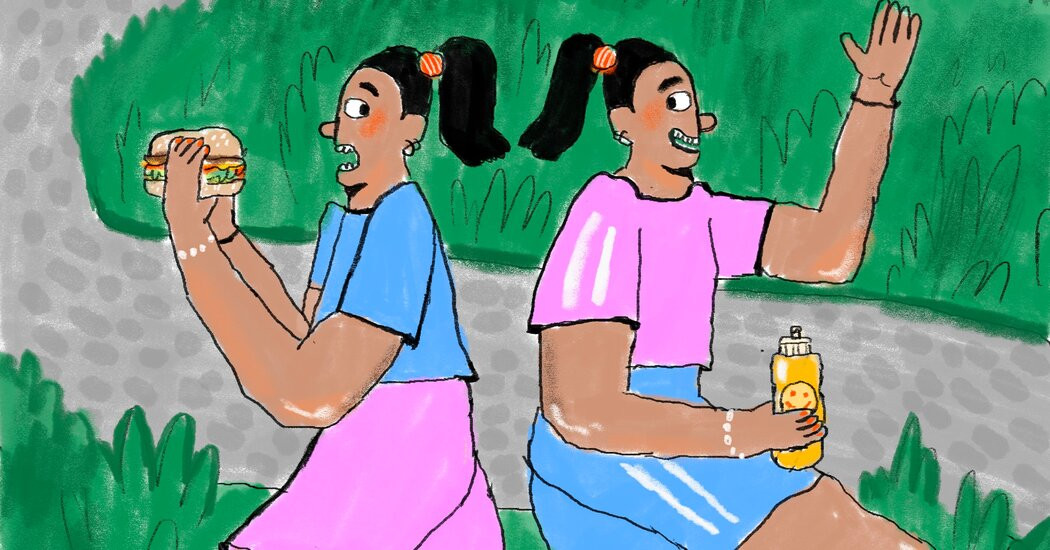

It can be hard to align a meaningful life with the human craving for instant gratification. Many of the goals we care about most require planning and effort to achieve, yet our brains are configured to pursue rewards that come as soon as possible. Even deciding how to spend a weekend can feel like an impossible negotiation of trade-offs: Work or family? Save money or go out with friends? Rest or show up for a cause you care about?
Understanding how our brains weigh these decisions can help us bridge what feels good now with what truly matters. Recalibrating our decision-making process can help. That means making time to identify our bigger goals and thinking through clear and specific steps toward them. Then we can find ways to make small choices feel rewarding in both the near and the long term. Seeking out social rewards, reframing our choices and making small changes to how we consider each decision can help. This can make it easier to take action — even when challenges feel overwhelming.
Humans weigh choices in a brain network called the valuation system. It’s where we identify the options we’re choosing between, calculate the likely reward for each and make a choice. Close-to-home rewards ignite the system that pushes us to act. But when the rewards are distant or vague — such as influencing a sweeping government policy or making a major life change — the brain struggles to see the payoff, and motivation falters. That’s why doughnuts can win out over our health goals and why we might binge-watch a show instead of going to a town meeting, even if we’d say that the latter actions are more compatible with who we want to be.
In brain scans, neuroscientists like me can see these processes unfold. Rewards that are far in the future, situations that are geographically far removed or events happening to someone else are all represented in similar ways; future you is akin to an acquaintance. The less vividly we imagine a reward, the less weight it gets in our value calculations. But when we try to motivate ourselves, we often focus on long-term benefits rather than nearer-term rewards. We’re working against our brains when we try to motivate ourselves this way.
This year, I found myself in a situation that tested my ability to align how I was spending my energy day to day with things I care about deeply. The Trump administration cut billions of dollars in science, health and defense research investments to universities, which directly affects my lab at the University of Pennsylvania. This was part of a larger effort to cut health and science funding that will result in enormous economic pain, leave patients without care and make it harder to develop treatments for diseases like cancer, heart disease, dementia and depression.
I’ve lost loved ones to these diseases. I know the people whose jobs are at stake. And I know the cost of halting a clinical trial midway through. Despite understanding the stakes of these cuts, when the news first arrived about Penn, I felt paralyzed. I was unable to see how anything I could possibly do would help the situation. I’d lay in bed, doomscrolling — stress, after all, changes how the valuation system functions.



![Enjoy the [Road] Show Travel Mug with Handle, 14ozEnjoy the [Road] Show Travel Mug with Handle, 14oz](https://georgemagazine.com/wp-content/uploads/2024/08/479070202831754764_2048-300x300.jpeg)